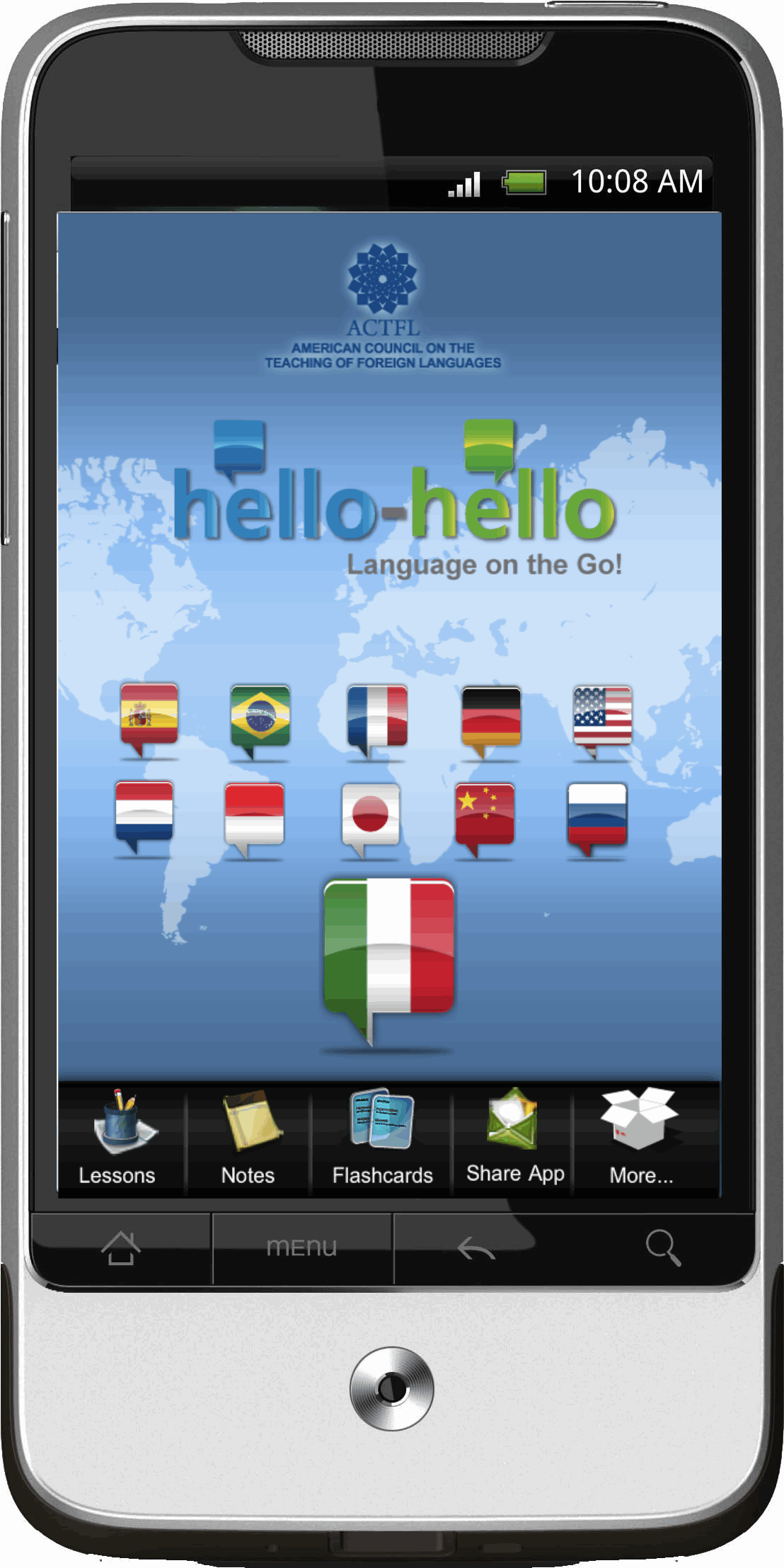Open Educational Resources for TEFL
Mindblowing
(The brewing perfect storm of opportunities)
 The world we live in is changing so fast (and has already changed so so much!) that some of us actually run the risk of waking up one day in the morning to find themselves in a perfectly strange world. Or wait, aren't some of us already living in a vacuum of an imaginary world that no longer exists? Let's do a mini-test. Do you still think that knowledge is a "substance" and needs to be transmitted from the "knower" (the teacher) to the learner? Do you still think that practice needs to be preceded by theory? Do you still live under the false illusion that learning implies a classroom, a board and a textbook? And finally, do you include words like "graduated from", "got high grades from...",etc. in your definition of an educated person? If you answered "yes" to to at least two of the questions above, you may consider reading this post till the end (doing so is encouraged anyway though:).
The world we live in is changing so fast (and has already changed so so much!) that some of us actually run the risk of waking up one day in the morning to find themselves in a perfectly strange world. Or wait, aren't some of us already living in a vacuum of an imaginary world that no longer exists? Let's do a mini-test. Do you still think that knowledge is a "substance" and needs to be transmitted from the "knower" (the teacher) to the learner? Do you still think that practice needs to be preceded by theory? Do you still live under the false illusion that learning implies a classroom, a board and a textbook? And finally, do you include words like "graduated from", "got high grades from...",etc. in your definition of an educated person? If you answered "yes" to to at least two of the questions above, you may consider reading this post till the end (doing so is encouraged anyway though:).
Let's cast a look back at the old world. Remember the desks, the teacher, the classroom, the textbooks and the exercise books. How much have you written? How much have you read? What part of it do you remember? What part of it was forgotten or lost while you were counting the minutes till the end of the lesson? Were you interested? Now, isn't it curious? You probably mostly remember the things you were interested in. The cribs, the learning by heart, nothing helped. Your mind now only keeps the things that were relevant to your interests. Now, try to reverse the process. Start from the things that you are interested in. Say, it's Creative writing in English. Now if you agree to be the learner of the new world, here are just two steps I suggest you to do.
a) Find Online Creative Writing forums
Learning is a self-organizing system. Internet forums are there to unite people who share similar interests or problems. Jump in, take a share. There is no teacher. There are only collaborators. There is no teaching. There is social learning. Start writing from the offset. Get and leave feedback. Get a taste of a real audience. Fail, get feedback, fail again and again until you succeed. Start from BEING a writer, not LEARNING how to be one.
b) Take an online Free Creative Writing course
Now this may be a shock for even a fairly modern mind. Professional, highly-valuable courses from the world's best educators can actually be FREE. This, honestly, makes me feel proud of living in the age that I live in. Here's a list of websites that provide completely free online courses on a variety of topics:
Here are some of the courses that are related to Creative Writing:
This post has already extended far more than I intended. That's why I would just like to finish with a brief summary of what this all means. Basically, the opportunities that the internet, the flattening of the world and the open resourcing give us result in the mind blowing idea that an Internet connection, a computer and sufficient interest in a topic is just what it takes to become educated in the world we live in. So if you feel comfortable with your knowledge just because you have graduated from a decent University, I suggest you take a second thought. Go and check your neighbor that rarely leaves his house. Who knows how many online Universities has he graduated from?


